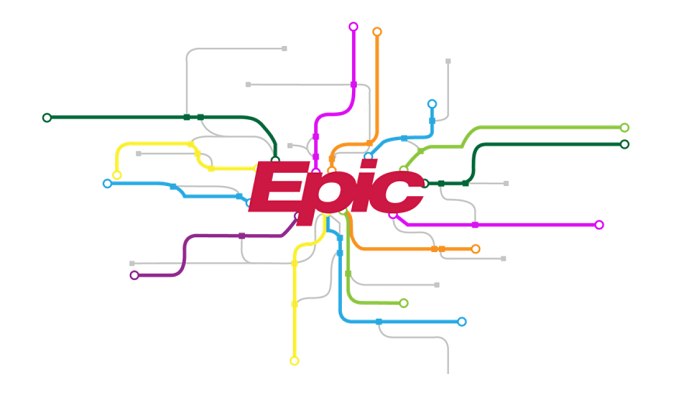Epic vs. Cerner EHR Systems

Electronic Health Record (EHR) systems have revolutionized healthcare by digitizing patient information, streamlining workflows, and improving patient care. Epic and Cerner are two prominent vendors in the EHR market, each offering comprehensive solutions with a wide range of functionalities. In this blog post, we will conduct a comparative analysis of Epic and Cerner EHR systems, exploring their key features, strengths, and considerations to help healthcare organizations make informed decisions when choosing an EHR system.
User Interface and User Experience
Both Epic and Cerner provide user-friendly interfaces, but their design philosophies differ slightly. Epic is known for its visually appealing, intuitive interface, which is often praised for its ease of use. Cerner, on the other hand, offers a more customizable interface that allows healthcare organizations to tailor the system to their specific needs. The choice between the two ultimately depends on the organization’s preference and the level of customization required.
Implementation and Scalability

Implementing EHR systems can be a complex and resource-intensive process. Epic is renowned for its comprehensive implementation methodology, which involves in-depth planning, extensive training, and a highly structured approach. This can result in longer implementation timelines but ensures a thorough and successful deployment. Cerner, on the other hand, offers a more modular implementation approach, allowing organizations to adopt and scale the system gradually. This flexibility can be beneficial for smaller organizations or those with limited resources.
Integration and Interoperability
Seamless integration and interoperability with other healthcare systems and external entities are crucial for efficient data exchange and collaboration. Epic has a robust integration framework, and its EHR system is known for its interoperability capabilities. Epic’s “Care Everywhere” feature enables clinicians to access patient records from other Epic installations, promoting continuity of care. Cerner also emphasizes interoperability and has developed strong partnerships with various health information exchanges (HIEs) and other healthcare systems, facilitating data exchange across different platforms.
Clinical Functionality and Specialty Support
Both Epic and Cerner offer a broad range of clinical functionalities to support various medical specialties. Epic is particularly known for its extensive clinical decision support tools, advanced clinical documentation features, and strong support for specialties like oncology and cardiology. Cerner also provides comprehensive clinical features and offers specialty-specific solutions for areas such as obstetrics and anesthesia. The choice between Epic and Cerner may depend on the specific needs and priorities of the healthcare organization and its specialty departments.
Cost Considerations
The cost of implementing and maintaining an EHR system is a significant consideration for healthcare organizations. Both Epic and Cerner have pricing models that are tailored to the specific needs of each organization. Epic is often associated with higher upfront costs due to its comprehensive implementation approach and licensing fees. Cerner’s pricing structure may be more modular, allowing organizations to select specific components and functionalities based on their requirements. For these reasons, smaller healthcare organizations typically choose Cerner as their software solution.
Conclusion
Epic and Cerner are two leading EHR vendors with strong reputations and extensive market shares. Both systems offer robust features, user-friendly interfaces, and interoperability capabilities. The choice between Epic and Cerner ultimately depends on the unique requirements, preferences, and resources of each healthcare organization. If your organization is looking for support in choosing, implementing, and optimizing an EHR system contact Integrum Resources. We are an industry leader in all things EHR consulting.
